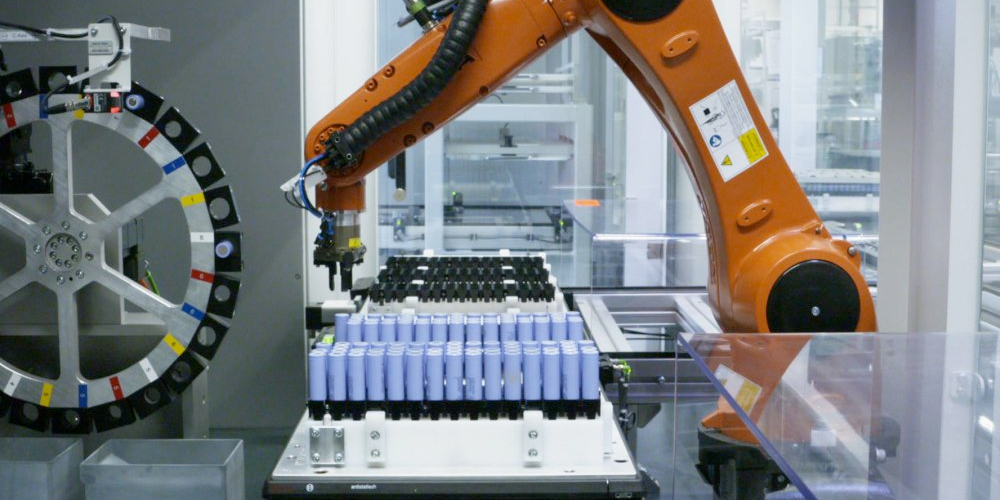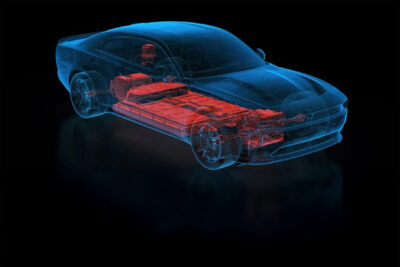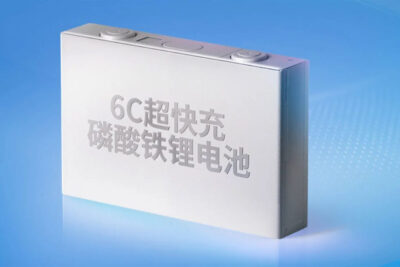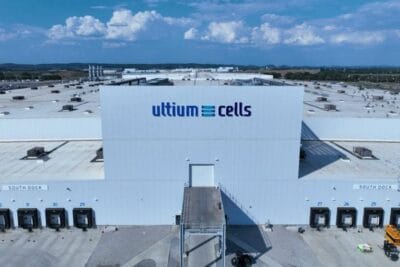Battery cell production in Germany reforms
After battery builder BMZ made a short announcement to take over the TerraE consortium a few days ago, details are emerging now. They plan to install volume production of battery cells in Germany by 2020 and succeed where TerraE last failed – in electric car batteries.
In essence the plan has not changed, the TerraE consortium still wants to establish a cell production in Germany and is thinking in Gigafactory measures.
Initially in 2017, the consortium of 20 companies from production to chemistry specialists including BMZ and StreetScooter planned to install a battery facility that would reach a 34 GWh capacity in 2028. Yet they never began building a factory in the first place, because none of the firms wanted to make a considerable investment into cell production first (we reported). According to new information obtained by electrive.net, they also failed – lastly officially – because TerraE could not secure licenses for making cells for automotive applications. For all other electric machines such as e-bikes or tools they had licenses but these did not seem interesting enough for the partners.
It is here that BMZ comes in first. The group makes nothing but batteries for all other applications apart from electric cars so for them, TerraE never lost its attraction, not even when it dissolved this October. However, BMZ wants to use TerraE to enter automotive territory. Says Sven Bauer, CEO and founder of the BMZ Group: “In future, we will use the cells produced by TerraE to build high-tech battery systems for BMZ automotive customers.”
Moreover, taking over TerraE fits into BMZ’ latest plans for expansion. An additional production hall measuring 3,000 sqm is under construction at their Karlstein headquarters and BMZ is also building a new logistics centre with a total investment of 120 million euros. At the same time BMZ is expanding their battery production facilities in Poland and China. For BMZ the investment follows increasing demand for their battery systems that are in use in electric vehicles reaching from cranes and excavators over buses ( Eurabus is an example) to electric bikes and robot lawn mowers.
In addition, BMZ now committed to spend 300 million euros in the first stage of expansion of TerraE, designed for a 4 GWh output. In the medium term, TerraE aims for an 8 GWh cell production.
Until then, BMZ relies on external suppliers. The battery builder recently secured a supply agreement with LG Chem for battery cells. The Korean company will deliver a couple hundreds of million cells throughout 2022 so that BMZ may fulfil its obligations to producers of various (light) electric vehicles.
pressebox.de (in German)





0 Comments